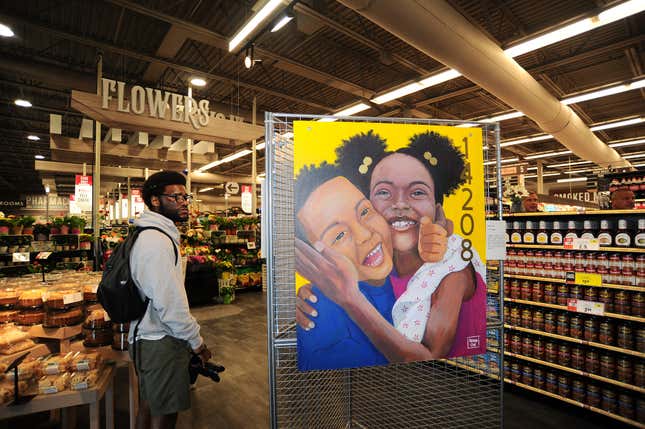
After a series of deadly mass shootings over the weekend, the United States has broken the record for most mass shootings in a single year since 2005. The Washington Post, which tracks mass shootings as any gun violence event where four or more people, not including the shooter, are killed, found that there have been 38 mass killings since the start of the year, two more than in 2022.
The somber milestone is a chilling reminder of the state of gun violence in the United States.
Black Americans are often left out of the mass shooting and gun violence conversation unless conservatives bring it up to make a point about “Black on Black” crime or drum up fears over Black cities.
But this is an issue that profoundly touches the Black community. Black Americans are more likely to be victims of mass shootings, and when you dig into the gun violence epidemic overall, the numbers are even more stark.
Black Americans are twelve times more likely to die from gun homicide than white Americans, according to Everytown for Gun Violence, a non-profit advocating for gun reform. And gun violence alone reduces the life expectancy of Black Americans by four years.
The solutions posited by people outside of the Black community for gun violence impacting Black Americans often center around increasing policing. But police also contribute to gun deaths among Black Americans.
Black Americans are significantly more likely to be shot and killed by police than white Americans. And within the last year, 1,101 people have been shot and killed by police, according to the Washington Post’s tracker.
There are policies that have been shown to reduce the impact of gun violence on Black Americans, namely things like violence intervention programs, where communities collaborate to intervene before violence occurs. Groups like Everytown have also pushed for gun reform measures to reduce the number of firearms available for people to commit these shootings.
Events like the horrific grocery store shooting in Buffalo, New York, which claimed ten lives — underscore the importance of talking about race and gun violence in a nuanced way and the need for Black Americans to be a part of the conversations around keeping our communities safe.

